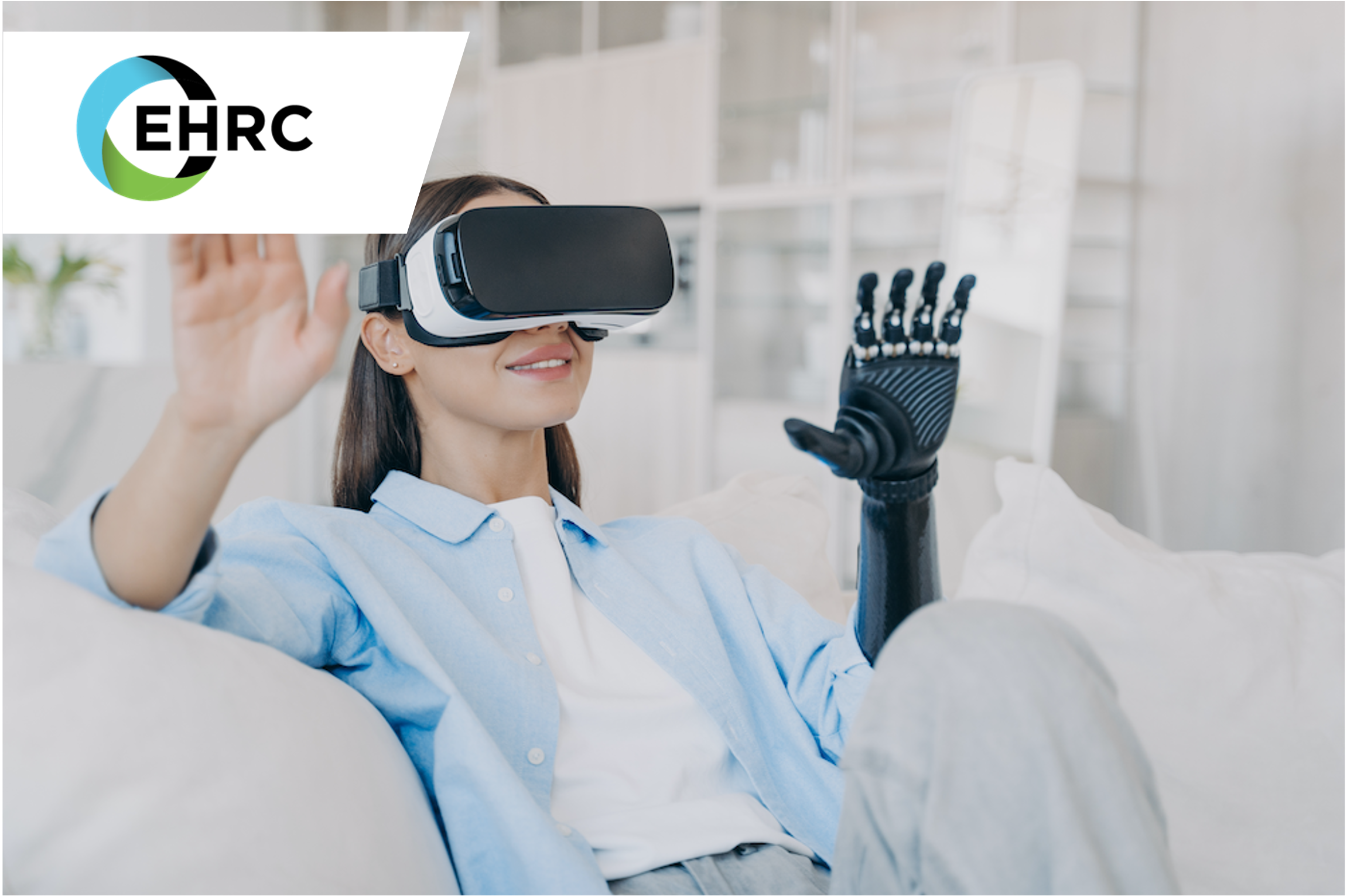The Future of AI in Healthcare
The potential for Artificial intelligence (AI) in healthcare is enormous, and we are just scratching the surface of what is possible. We can expect to see more AI applications in patient care, such as robotic surgery, virtual nurses, and chatbots for patient support. However, it is essential to remember that AI is not a replacement for human healthcare providers but a tool that can assist those providers in delivering more effective and personalized care to patients.
Future of AI
Artificial intelligence (AI) has been a buzzword in many industries, and the revolution is also taking healthcare by storm. Many of us are familiar with healthcare’s apprehension around EHR adoption, so it is no surprise that similar hesitations are arising around the use of AI in patient care. Although there are still risks and challenges in using AI tools, they have the potential to revolutionize the way healthcare is delivered, leading to more accurate diagnoses, personalized treatment plans, and improved patient outcomes. Let’s explore how AI will start to affect healthcare and what the future may hold.
Improved Diagnostic
One of the most promising applications of AI in healthcare is improved diagnostics. AI algorithms can analyze large amounts of patient data, including medical history, test results, and imaging scans, to identify patterns and predict diagnoses. As a result, AI could lead to more accurate diagnoses, earlier detection of diseases, and more effective treatment plans.
Personalized Treatment Plans
Another promising application of AI in healthcare is the development of personalized treatment plans. AI algorithms can analyze patient data to identify the most effective treatment options based on medical history, genetic information, and lifestyle factors. As a result, these algorithms could lead to more personalized and effective treatment plans tailored to patients’ needs.
Drug Development
AI can even play a critical role in drug development. Drug development is a time-consuming and expensive process that involves testing thousands of compounds to identify potential drug candidates. AI algorithms can analyze large amounts of data to identify potential drug candidates more quickly and efficiently than traditional methods. These algorithms could lead to faster drug development and more effective patient treatments.
Remote Patient Monitoring
With more patients interested in healthcare at home, AI will make this possible with advanced remote patient monitoring. Remote patient monitoring involves using technology to monitor patients’ health outside a traditional healthcare setting. AI algorithms can analyze patient data in real-time to identify potential health issues before they become serious. This insight level could result in more proactive, effective healthcare delivery and better patient outcomes.
Challenges
While there are many promising applications of AI in healthcare, there are also several challenges and understandable fears. Some of the concerns are patient data privacy and security. Patient data is highly sensitive, and there are concerns about how AI algorithms will handle this data. In addition, concerns about whether AI complies with the Health Insurance Portability and Accountability Act (HIPAA) Privacy and Security Rules regarding healthcare data have risen. Other fears include AI becoming too powerful, underscoring the need for regulatory frameworks to ensure that AI algorithms are safe, effective, and ethical.
In Conclusion

